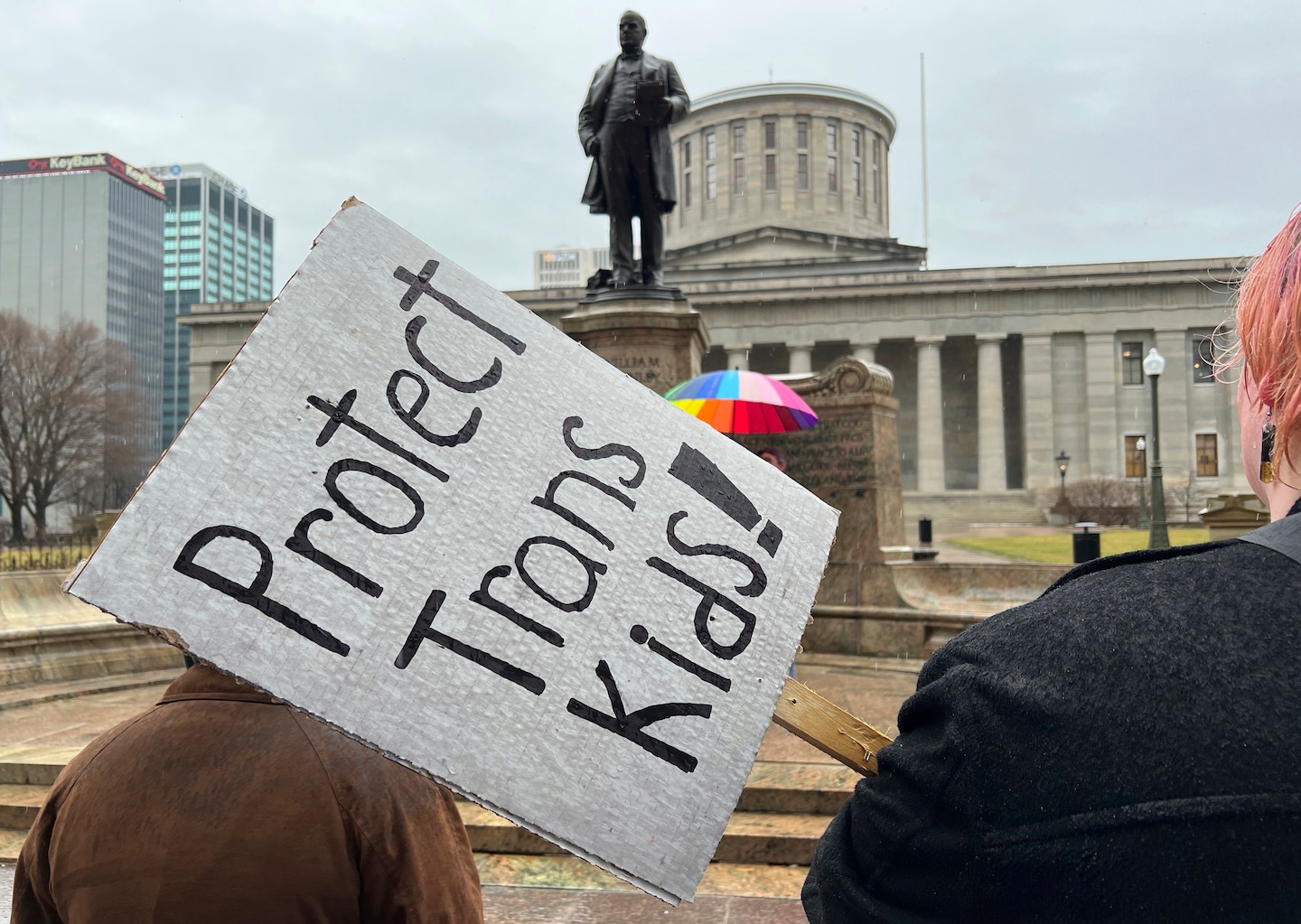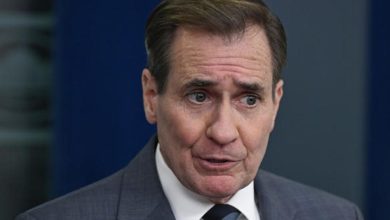Ohio judge temporarily blocks ban on gender-affirming care for minors

Ohio lawmakers banned gender-affirming care for minors in January after fierce debate in the Statehouse, overriding Republican Gov. Mike DeWine’s December veto of the bill and joining more than 20 states which have imposed similar restrictions in recent years. Just this week, the U.S. Supreme Court ruled on the issue for the first time, allowing Idaho to enact a law that subjects medical providers to sentences of up to 10 years in prison s They provide gender-affirming care to minors.
Supporters of the Ohio law vowed Tuesday to ensure that gender-affirming care is banned for minors in the state. Ohio Attorney General Dave Yost pledged in a statement Tuesday to “fight vigorously” and said he was “confident” that the law would be upheld. State Representative Gary Click (R), who introduced the bill banning the care of minors last year, said he was “disappointed but not surprised by the decision” and added that he had “his eyes on the finish line rather than the mile markers”.
The judge’s ruling offered a reprieve to families of transgender youth, many of whom are struggling to determine how to move forward with the law that threatens them, opponents of the ban told the Washington Post.
“I’m cautiously optimistic,” said Cam Ogden, a spokeswoman for the advocacy group Trans Allies of Ohio. “It is a huge relief to know that the horrific consequences of this law have been postponed a little longer, even if only temporarily.”
The law, known as the Safe Act, bans hormone therapy, puberty blockers and sex reassignment surgery for people under 18 – although a clause allows state residents already under treatment to continue. The measure also bans transgender girls from playing in high school and college. designated sports teams for girls and women.
National medical groups, including the American Medical Association and the American Academy of Pediatrics, have said gender-affirming care for trans children is medically necessary and appropriate.
The American Civil Liberties Union and others challenged the law in March, suing on behalf of two unnamed families “whose children are at risk of losing critical and medically necessary health care.” The lawsuit asked the court to issue a temporary restraining order and ultimately declare the law unconstitutional.
Families of transgender children were left in limbo as the legislative battle, the governor’s veto and the lawsuit played out, but Tuesday’s ruling provided a sliver of hope, according to Alicia Burkle, 42.
The Cleveland mom rushed to endocrinologists after the law passed in January to initiate gender-affirming care for her 10-year-old transgender daughter. The law’s grandfather clause ensures that Burkle’s daughter will be able to continue receiving treatment if the law takes effect, But the law’s wording still leaves room for uncertainty, she said: Will her daughter be able to adjust her care plan if necessary? What if the family needs to find a new doctor?
The court must permanently block the ban, she said.
“The language of the law is really unclear,” Burkle said. “It’s not a guarantee that things will continue wonderfully for her.”
washingtonpost





